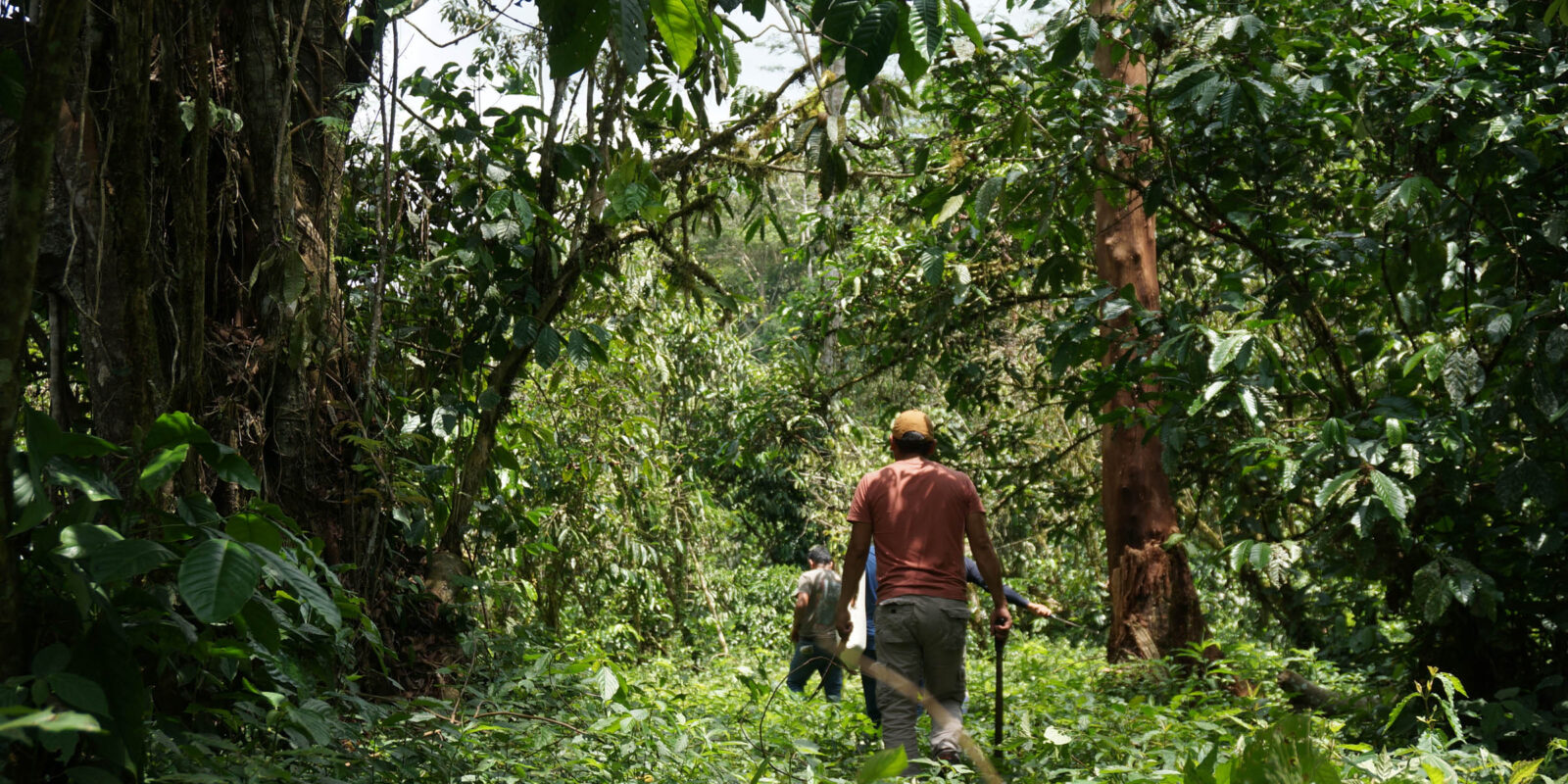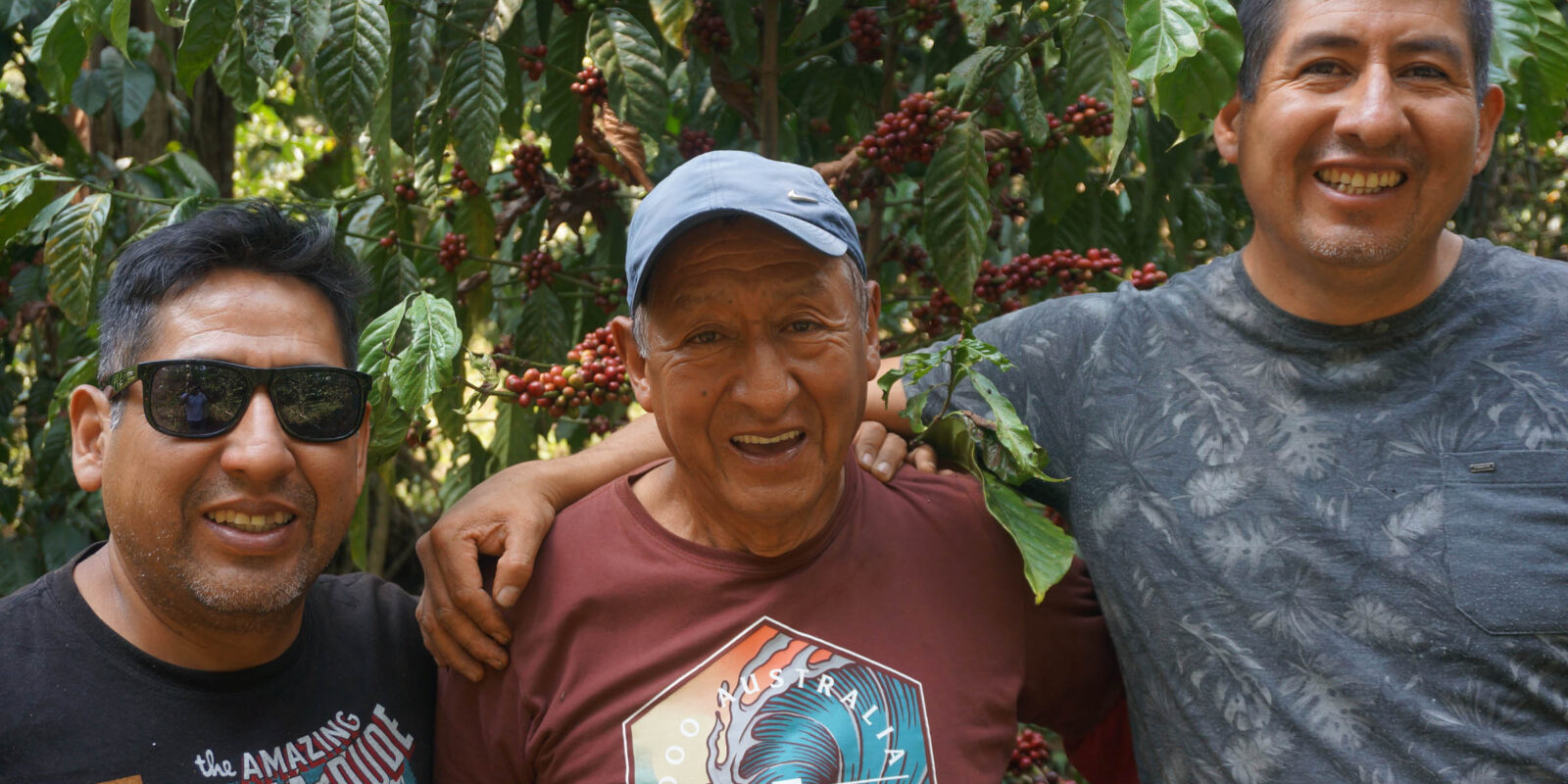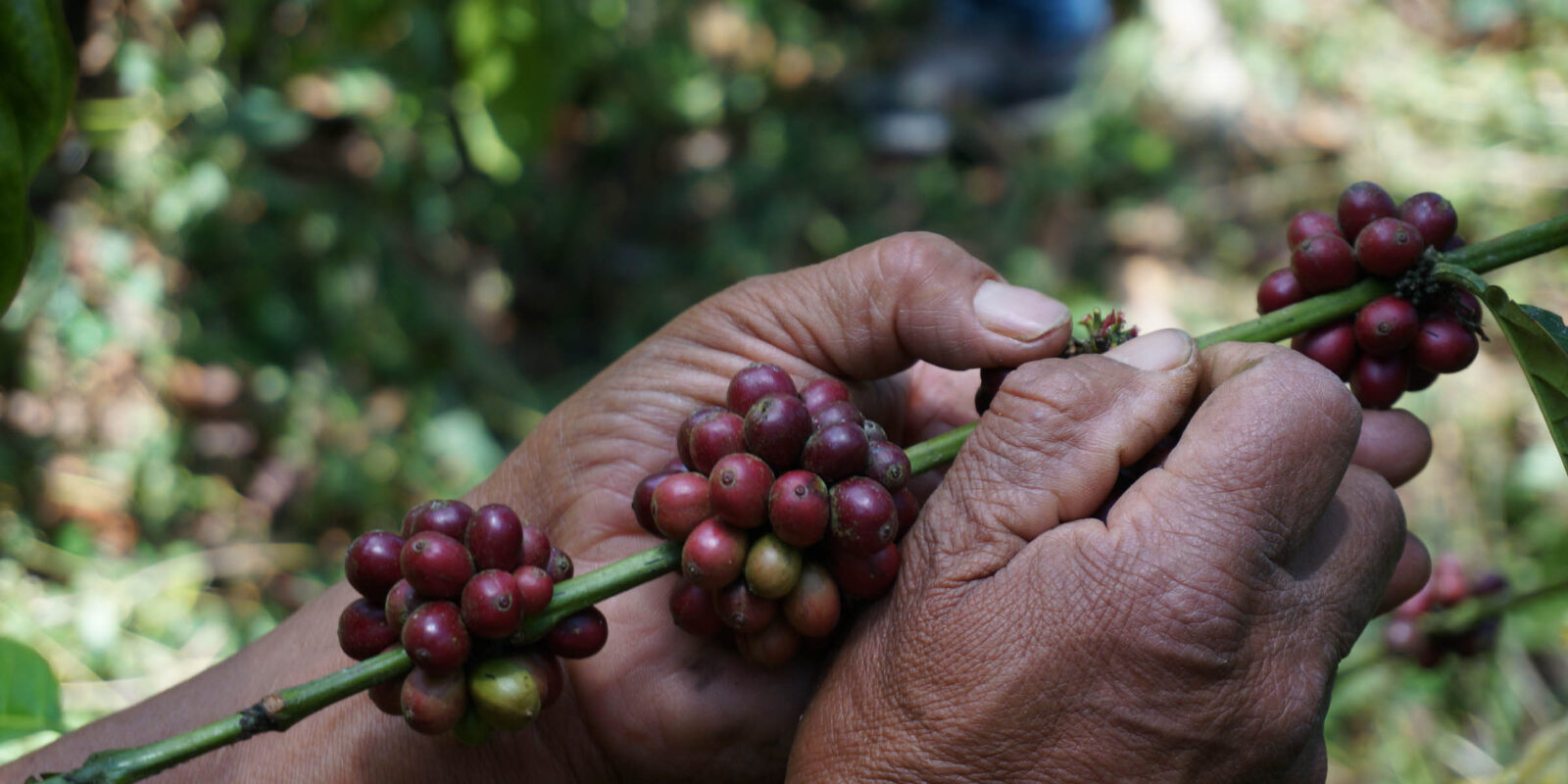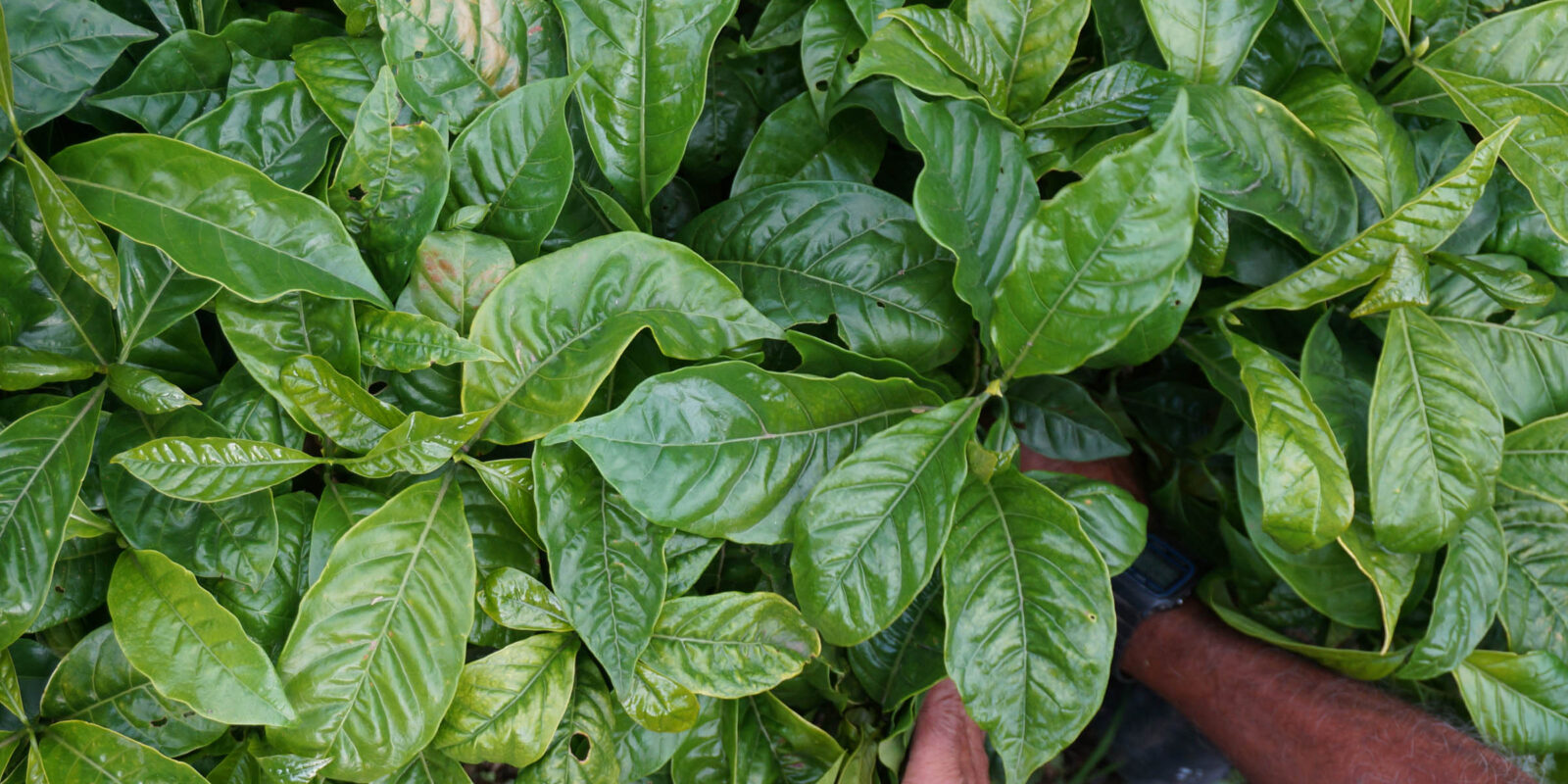Villa Rica
CEPRO Yanesha
The underestimated potential of Coffea Canephora
Café Canephora, also known as Robusta coffee, traditionally receives less attention than Arabica or highland coffee. Little is known about the people who produce more than one-third of the world’s coffee. Their relationships are mostly of an economic nature, focusing on large quantities of coffee with minimal information at low prices. Their work takes place in the shadows, overshadowed by high mountains where the esteemed Arabica is produced, and under the influence of powerful corporations that control the industry with anonymous cheap coffee. Peru officially produces 100% Arabica, but beyond official statistics, on the edge of the vast Amazon rainforest, several tons of Café Canephora are produced each year. This pioneering work is carried out by the coffee cooperative CEPRO Yanesha with the indigenous community of the Yanesha ethnic group.
Coffee in the civil war context of the 1980s
In the 1980s, the Villa Rica region was engulfed in civil war. Terrorists of the Shining Path, military forces, and bandits caused great suffering, especially in the inaccessible villages of the indigenous people. In this context, a government project introduced Café Canephora to the Yanesha community of San Pedro de Pichanaz. Only six beneficiaries received training and various seeds. It took more than twenty years for these plants to be rediscovered and marketed as what they are: Peru’s first Fine Robusta.
The development of this coffee is a challenging endeavor. It is about a three-hour drive from Villa Rica through wooded hills to the indigenous community of San Pedro de Pichanaz. The nearest coffee farm from there is a 90-minute hike away, and others are even farther. In the deep Amazon, deadly dangers lurk on the way, such as snakes and insects. Rivers must be crossed. Before embarking on the journey, the Yanesha chew coca leaves to sharpen their senses. In the forest, they smoke cigarettes made from local Mapacho tobacco. Before starting the perilous march, they paint a cross on their foreheads with the earth of the forest. It is believed to help appease the forest, keeping its dangers at bay.
CEPRO Yanesha: Rediscovery and promotion of Fine Robusta
The cooperative CEPRO Yanesha, led by the Marin family, plays a central role in the positive development of Café Canephora in the Yanesha community. Thanks to the professional leadership of the Marins, Café Canephora was rediscovered. Comprehensive quality control, knowledge transfer on cultivation techniques, process methods, variety identification, organic certification, selection, and ultimately marketing would be scarcely conceivable without them. CEPRO Yanesha and cumpa share the vision of promoting Fine Robusta with specialty coffee standards in Peru. We achieve this through the direct marketing of transparent raw coffees with outstanding quality and the payment of attractive prices. Moreover, we promote forward-looking quality development. Currently, we are collecting donations for the implementation of a Q Robusta Processing Level 2 course in the cooperative, collaborating with NGOs, cooperatives, and roasteries. The global Robusta story is being written in the Peruvian jungle, and we play a significant role as a central link.
Robusta coffee was only described in 1895, over 100 years after Arabica coffee. This may partly explain why so little is known about it. Now, with climate change increasingly threatening Arabica production, there is a growing interest in high-quality Robusta. We are grateful and proud to contribute to the pioneering work in developing sustainable Robusta in Peru with CEPRO Yanesha and to present this coffee to our customers.




